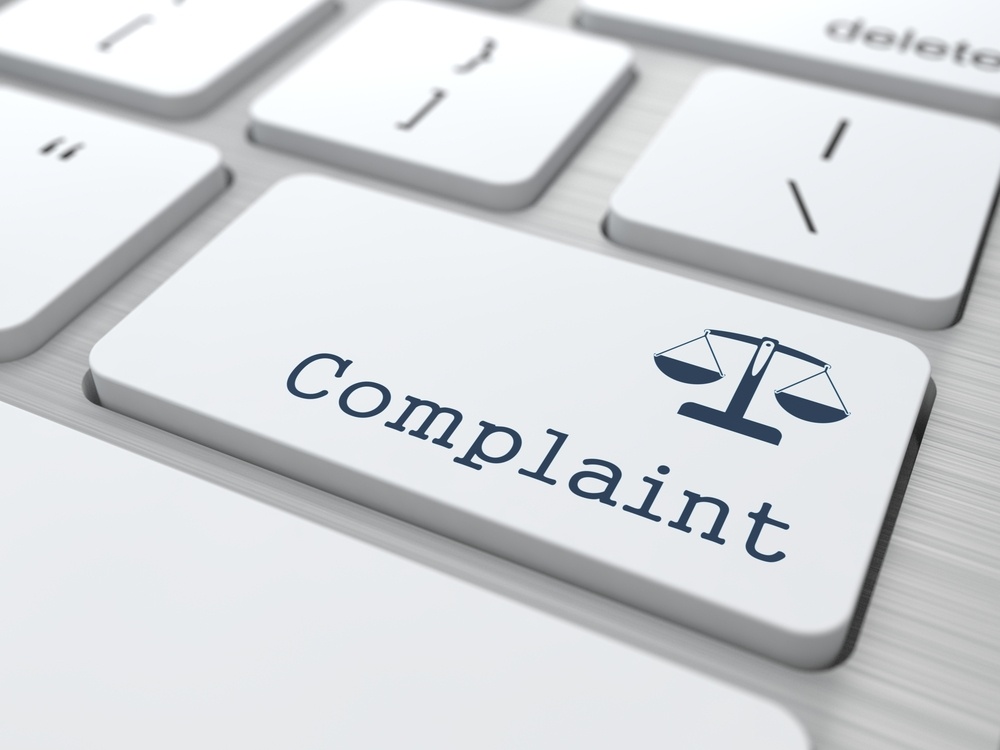
The bane of every registered person is a bad mark on their Central Registration Depository (“CRD”) or BrokerCheck reports. This mark can be caused by a number of things, but it is predominantly the result of a customer complaint. If you have been a registered representative for any number of years, the likelihood of receiving one of these complaints increases. As soon as a customer complaint is received, whether by you or your firm, it must be reported to FINRA. Once shared with FINRA, it is entered onto your BrokerCheck file. The end result has both positive and negative results. Positively, if the complaint is valid it serves as an alert to the public, making people more aware of these complaints. Additionally, from FINRA’s perspective, this transparency is vital for investor protection. On the other hand, such complaints can have a negative impact if the complaint is from an angry client who happens to have lost money and is simply blaming the representative. As individuals or companies, we cannot make the decision whether a complaint is valid or not; simply, all complaints must be reported.






